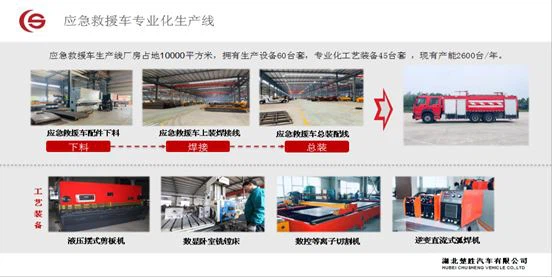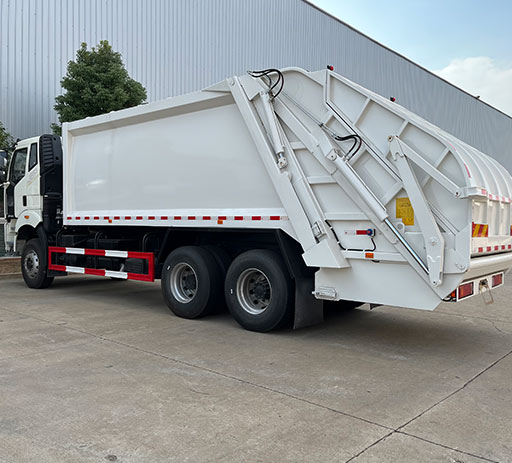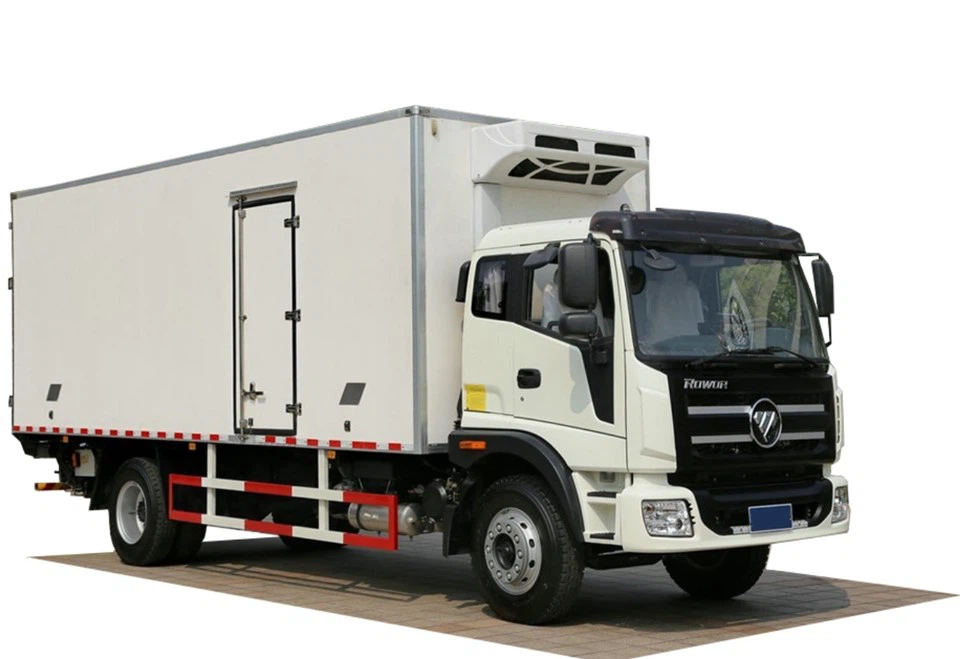How Much Does a Garbage Truck Cost? A Comprehensive Guide

Garbage trucks are essential vehicles that play a crucial role in waste management for cities and towns. Understanding the cost of these vehicles can help municipalities and private waste management companies make informed decisions when investing in their fleets. In this article, we will explore the various factors that influence the cost of garbage trucks, the different types available, and practical tips for purchasing one.
Factors Influencing the Cost of a Garbage Truck
1. Type of Garbage Truck
Garbage trucks come in several types, each designed for specific waste management tasks. Here are the most common types:
- Front-Loader Trucks: These trucks have a hydraulic mechanism that lifts dumpsters from the front. Typical cost: $200,000 – $300,000.
- Rear-Loader Trucks: Designed for manual collection, these trucks have an opening at the back for waste disposal. Typical cost: $150,000 – $250,000.
- Sideloading Trucks: These trucks use a side-arm to pick up waste bins. They provide efficiency and safety, with costs ranging from $200,000 – $350,000.
- Roll-Off Trucks: Utilized for heavy debris removal, these trucks have a flatbed for removable containers. Typical cost: $300,000 – $500,000.
2. Brand and Model
The brand and model of the garbage truck can significantly affect the price. Popular manufacturers like Mack, Peterbilt, and Freightliner may have varying prices based on their features and reliability. Additionally, newer models with advanced technology will generally be more expensive.
3. New vs. Used Trucks
Purchasing new garbage trucks tends to be more costly, typically ranging from $250,000 to $500,000 depending on specifications. In contrast, used trucks can be a more economical option, often available for $50,000 to $150,000. However, it is crucial to consider the maintenance condition and mileage of used vehicles.
4. Specifications and Features
The cost can also fluctuate based on the truck’s specifications, such as the engine power, fuel type (diesel vs. CNG), and additional features like automated collection systems, GPS, and onboard cameras. Typically, more features will result in a higher price tag.
5. Geographic Location
Prices can vary significantly depending on the geographic location and market conditions. Regions with higher demand for waste management services may see increased prices. Likewise, availability of trucks can also influence local pricing.
Types of Garbage Trucks and Their Features
1. Front-Loader Trucks
Front-loaders are highly efficient for commercial waste collection. The hydraulic arm lifts dumpsters into the truck, allowing for quicker service. Some features include:
- High capacity for bulky waste
- Durable construction for heavy use
- Easy access for maintenance
2. Rear-Loader Trucks
Common among small to medium municipalities, these trucks are cost-effective due to their simplicity. Features include:
- More affordable maintenance
- Flexibility in manual collection
- Multiple compartment options for recycling
3. Sideloading Trucks
These are gaining popularity for their efficiency and safety. Key features include:
- Automated side-arm collection
- Reduced risk of worker injury
- Improved route efficiency
4. Roll-Off Trucks
Used mainly for construction debris, roll-off trucks are versatile for different waste types. Features include:
- Adaptable for various container sizes
- Heavy-duty construction
- Easy loading/unloading
Buying a Garbage Truck: A Step-by-Step Guide
1. Determine Your Needs
Start by assessing the requirements for waste collection in your area. This includes the volume of waste, types of waste, and frequency of collection. Understanding these factors helps you choose the right type of garbage truck.
2. Set a Budget
Establish a budget considering not just the purchase price but also ongoing maintenance, insurance, and operational costs. It’s essential to factor in potential finance options if necessary.
3. Research Manufacturers and Models
Investigate various brands and models that fit your requirements. Reading reviews and comparing specifications can provide insight into reliability and features.
4. Evaluate New vs. Used Options
Decide whether a new truck or a used truck better meets your needs. Used trucks can offer significant savings, but it’s vital to inspect them thoroughly for wear and tear.
5. Inspect the Vehicle
Before purchasing, conduct a comprehensive inspection. For used vehicles, check for engine performance, body condition, and any maintenance records.

6. Make the Purchase
Once you’ve made your decision, negotiate the price and finalize your purchase. Keep in mind any warranties or service agreements offered by the manufacturer or dealer.
Operating Costs of Garbage Trucks
1. Fuel Costs
The fuel efficiency of garbage trucks varies based on their size and type. Generally, diesel trucks are known for better fuel economy than gasoline trucks. Below is a table comparing approximate fuel consumption:
| Type of Truck | Miles per Gallon (MPG) |
|---|---|
| Front-Loader | 6 – 8 MPG |
| Rear-Loader | 8 – 10 MPG |
| Sideloading | 7 – 9 MPG |
| Roll-Off | 5 – 7 MPG |
2. Maintenance Costs
Routine maintenance is critical to the longevity of garbage trucks. This includes oil changes, tire rotations, and brake inspections. Average annual maintenance costs can range from $10,000 to $20,000 depending on the usage and type of truck.
3. Insurance Costs
Insurance premiums for garbage trucks can also vary based on location, type of service, and the driver’s history. Expect to budget $3,000 to $7,000 annually for insurance coverage.

4. Repairs and Downtime
Setting aside a budget for unexpected repairs and downtime is wise, especially for older used trucks. Allocating around $5,000 annually for repairs can help mitigate the impact of unforeseen issues.
Financing Options for Garbage Trucks
1. Traditional Bank Loans
Many municipalities and companies opt for traditional loans that offer fixed or variable interest rates. These typically require a good credit score and a down payment.
2. Equipment Financing
Specialized companies offer equipment financing tailored to purchasing vehicles like garbage trucks. This option often comes with lower interest rates as the truck serves as collateral.
3. Leasing Options
Leasing can be a favorable option for companies that prefer to avoid large upfront payments. However, it’s crucial to review the terms carefully as leases may come with mileage limits and maintenance responsibilities.
4. Grants and Incentives
Some municipalities can explore grants or incentives for purchasing environmentally friendly trucks, especially those that use alternative fuels. Research local programs that may reduce the overall investment cost.
Practical Tips for Maintaining Your Garbage Truck
1. Establish a Maintenance Schedule
Regular maintenance is paramount. Create a schedule that includes oil changes, brake checks, and tire rotations to improve performance and longevity.
2. Train Drivers

Training drivers on proper operation and maintenance techniques can significantly reduce wear and tear on the truck. This includes safe loading practices and monitoring fuel efficiency.
3. Keep Records
Maintain detailed records of all maintenance and repairs. This documentation not only helps track performance over time but can also be beneficial when selling the truck.
4. Use Quality Parts
Investing in high-quality replacement parts can minimize breakdowns and extend the life of your garbage truck. While they may cost more upfront, the savings on repairs can be significant.
Frequently Asked Questions (FAQs)
1. What is the average cost of a new garbage truck?
The average cost of a new garbage truck ranges from $250,000 to $500,000, depending on the type and specifications.
2. Are used garbage trucks reliable?
Used garbage trucks can be reliable if maintained properly. It is essential to inspect them thoroughly and check their service history before purchasing.
3. How do fuel costs affect the overall cost of operating a garbage truck?
Fuel costs can significantly impact the overall operating budget of garbage trucks, with average consumption between 5 to 10 MPG, depending on the truck type.
4. Can I finance a garbage truck purchase?
Yes, financing options include traditional bank loans, equipment financing, and leasing arrangements, making it easier to manage the purchase cost.
5. What are the maintenance costs associated with garbage trucks?
Annual maintenance costs for garbage trucks can range from $10,000 to $20,000, depending on the age and condition of the vehicle.
6. Can I receive grants for purchasing eco-friendly garbage trucks?
Many municipalities offer grants and incentives for purchasing environmentally friendly trucks, especially those powered by alternative fuels. It’s advisable to research local programs for available assistance.
